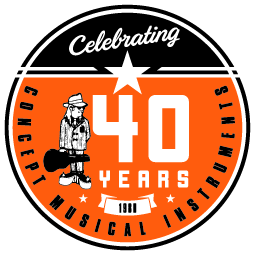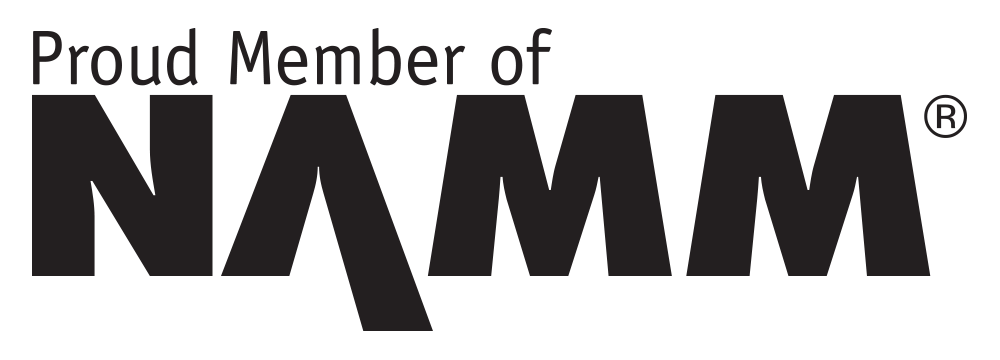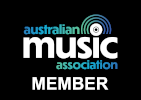 />
/>
Like most things these days, there is a lot of jargon that gets bandied around by piano and keyboard players and teachers (and salespeople for that matter!) when it comes to the playing “Action” (yep, there’s that unavoidable jargon already!) on an electric piano/keyboard … in fact, for that matter... what is the difference between a piano and a keyboard?!
Put as simply as possible, a keyboard generally refers to a smaller, lightweight, portable instrument with piano style keys that are roughly the same size as a “real” piano. They are usually limited to just 61 keys whereas a full-sized acoustic piano, like you might see in someone’s loungeroom, will have 88 keys. The terminology however is very interchangeable. So, yes, a piano is a keyboard …. however a keyboard is not necessarily a piano (confused? So are we!). Electronic or digital pianos (“same, same”, although digital also refers to the way the sound of an acoustic piano is recorded) generally focus on having a small number of very good piano sounds, whereas a keyboard will have dozens, or even hundreds of different sounds or instruments, as well as built in drum machines and a lot of automatic functions (like bass lines and chords).
So... a digital or electronic piano is simply trying to sounds and feel like a “real” acoustic piano like you would have in a home. They were designed for people who want that feeling and sound of a piano but don’t have the room or want something portable. They’re also generally way less expensive and will never need tuning... which is a very specialist profession in itself and will cost several hundred dollars each year. Plus, you can play them with headphones so there’s no risk of annoying your neighbours or the rest of your family with late night practise sessions! Keyboards are not trying to do any of that... they were invented and designed for as many “bells and whistles” as possible and for having fun and were primarily designed to be very attractive to young children and be as easy possible to engage and get them interested in music. Each has their place. In decades gone by they were two very distinct instruments however now the lines are infinitely blurred and the ‘categories’ completely overlap each other.
Here's what Lee Jones, our keyboard specialist said in his video, looking at actions across the Yamaha range:
“ This is an entry level keyboard by Yamaha, this has a basic kind of spring-synth-type action, which is a non-weighted piano, and so what that kind of means is there's no resistance or weight really, which is what they put on some other pianos to try and replicate an acoustic piano. It's quite a light touch and fairly easy to play, and it's really good if you're just looking for something to get started without a huge outlay of cost”
So, back to that term “action”. Again, to try and simplify that, I’ll use the word feel. How much do the keys feel and sound like they would on a (real) acoustic piano? Do they have any weight? Do they bounce back quickly? And are they heavy in the low/bass notes end and very light and easy on the high notes? What do they sound like when you play them very hard compared to very softly? Ie are they (touch) sensitive to the pressure with which you touch them? All those factors are encompassed in the word “action”, and all are very important to someone transitioning from an acoustic piano onto an electric piano. To a beginner it may not seem to be as important, but if you’re keen to progress to an acoustic piano at some point, you may want to consider at least semi-weighted keys as a starting point, as Lee points out:
“The Next Step Up is the semi-weighted key so it's kind of kind of closest I guess in some ways to an organ key rather than a synth key … it's kind of its own its own thing - not as fully weighted as the higher end one, but definitely a little bit more resistance and kind of weight than the entry levels …
… and then you know your next step from there obviously is the full 88 key weighted graded Hammer action … and this one to me feels great because it feels the most like what my acoustic piano feels like and you know what I've always grown up playing so I love it”
For a more thorough look – and listen – to the differences, have a listen to what our keyboard specialist Lee Jones has to say in our short video... he is a wonderful piano player as you will hear, and he knows all the differences intimately. Ad if you still aren’t sure... drop in or give us a call. It’s a fascinating subject and we could talk about it all day!
Enjoy!
Graham Hoskins (Owner Concept Music)


 />
/>
 />
/>
 />
/>
 />
/>





